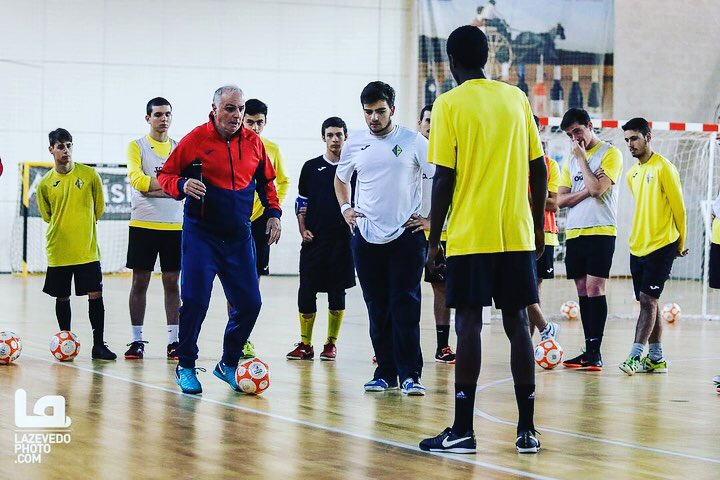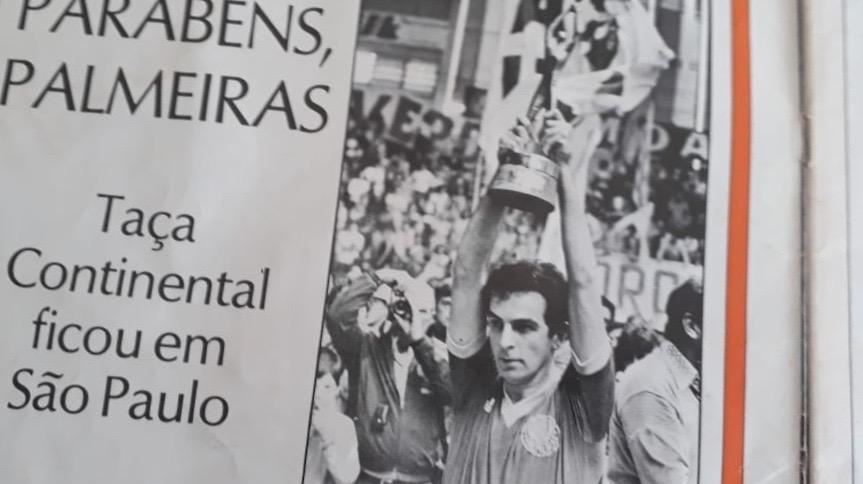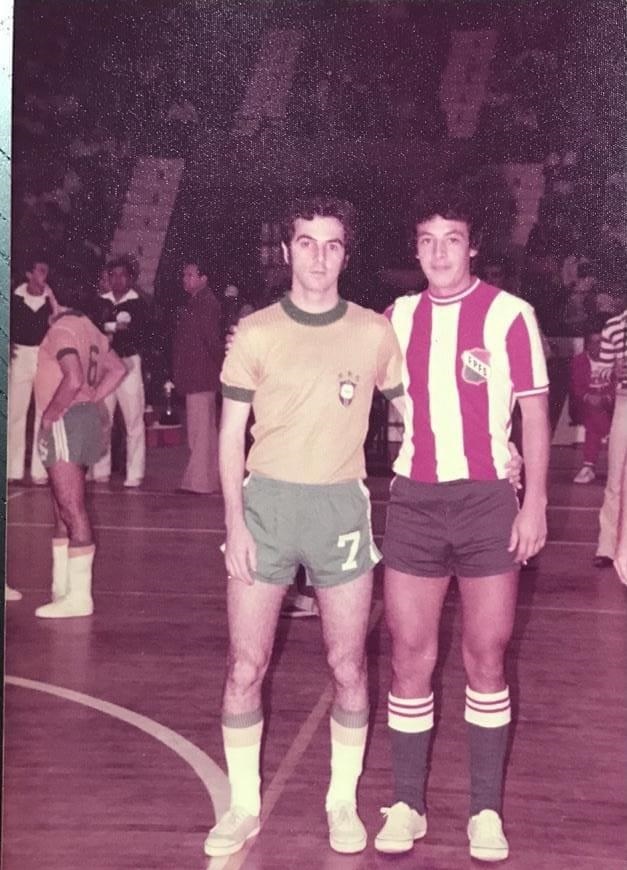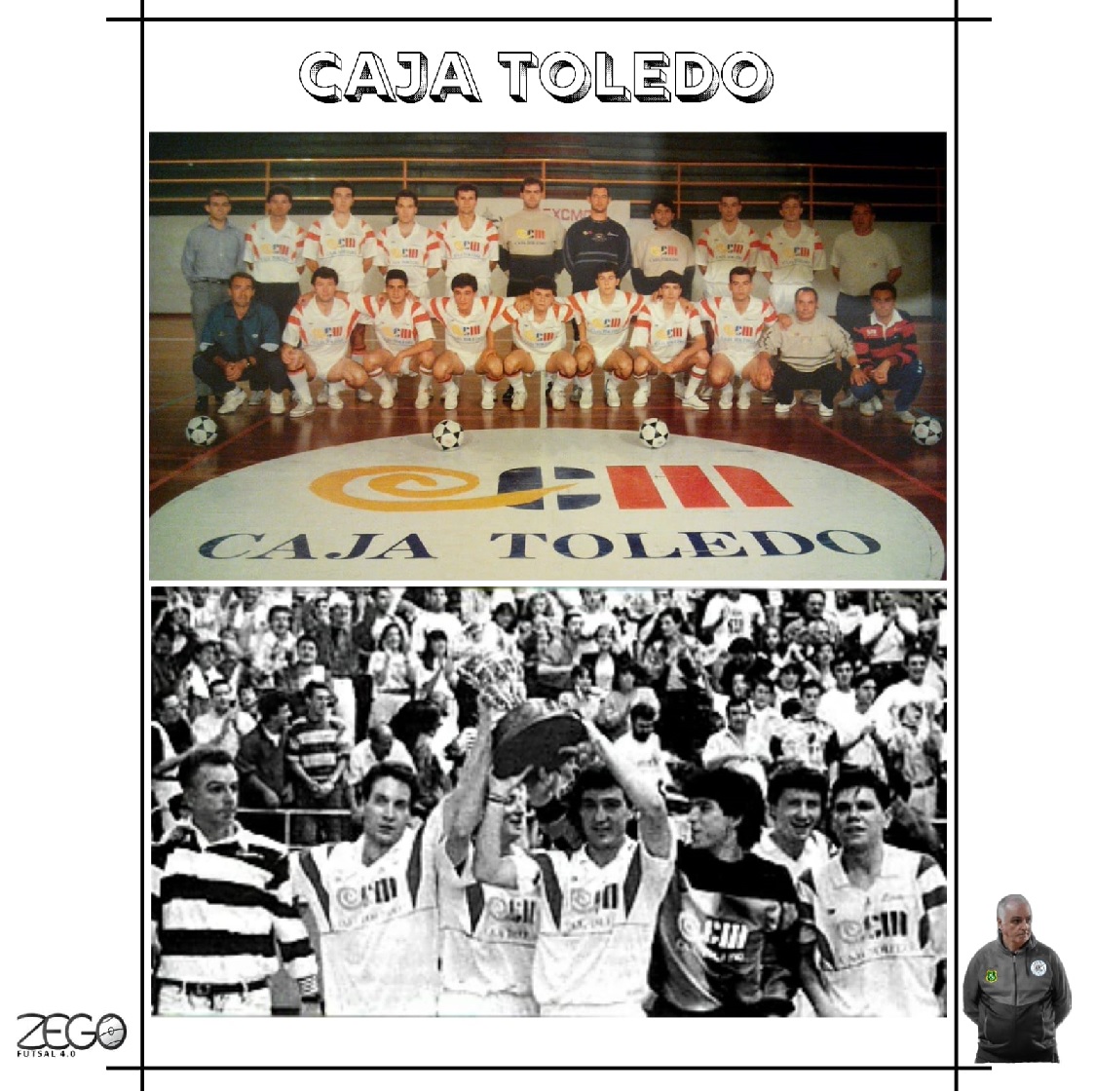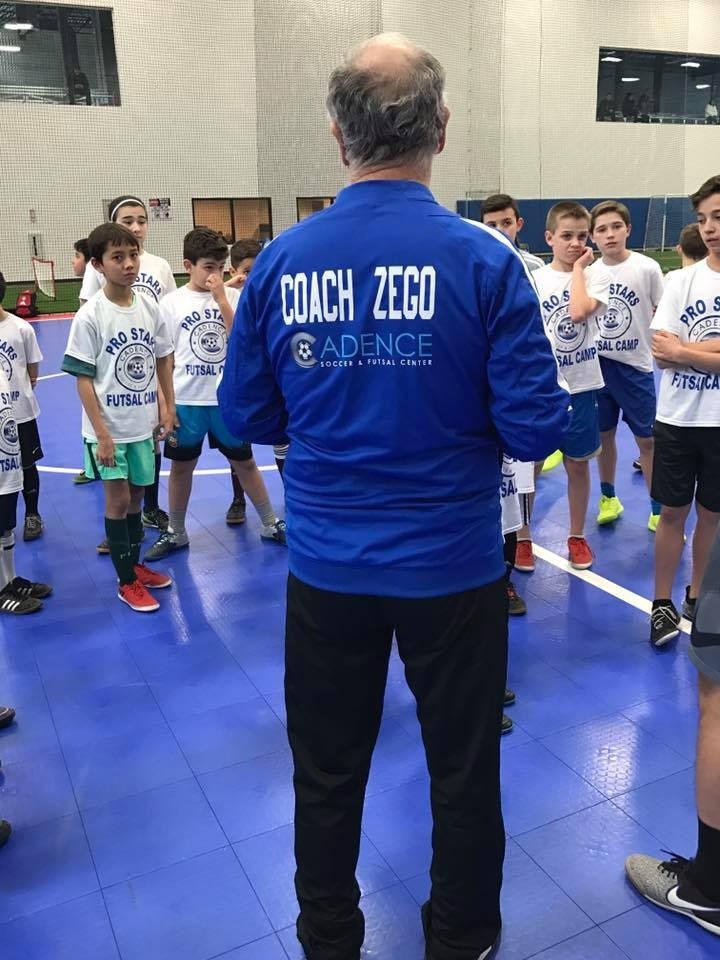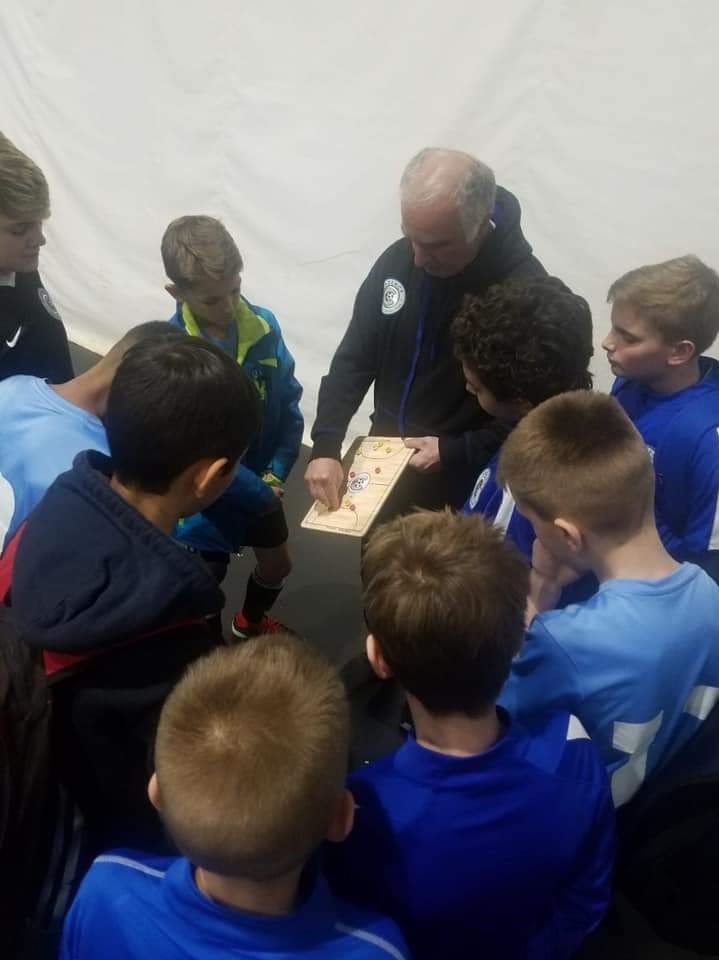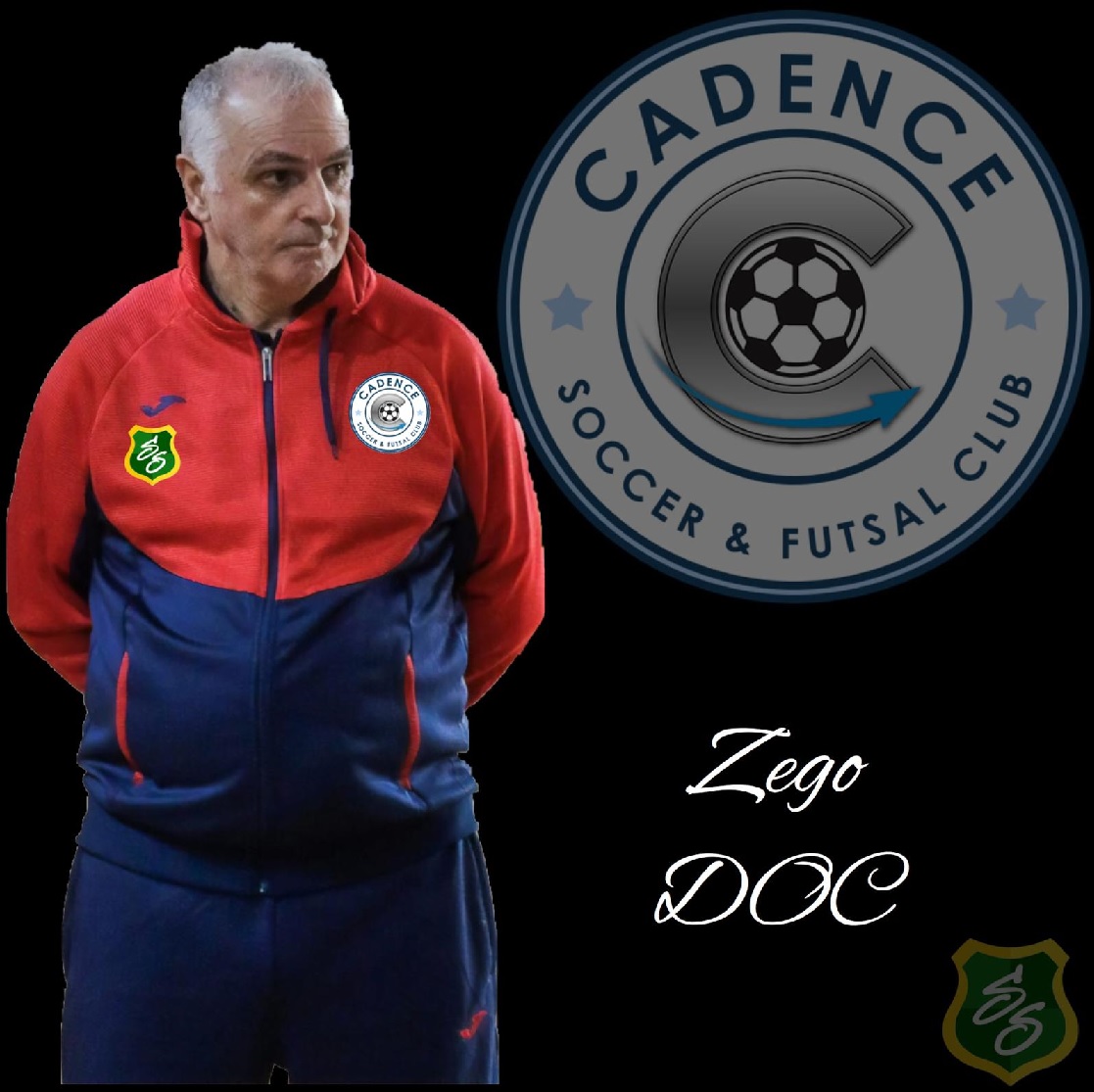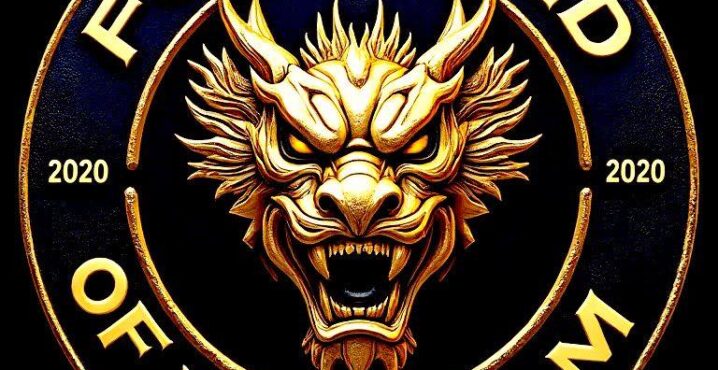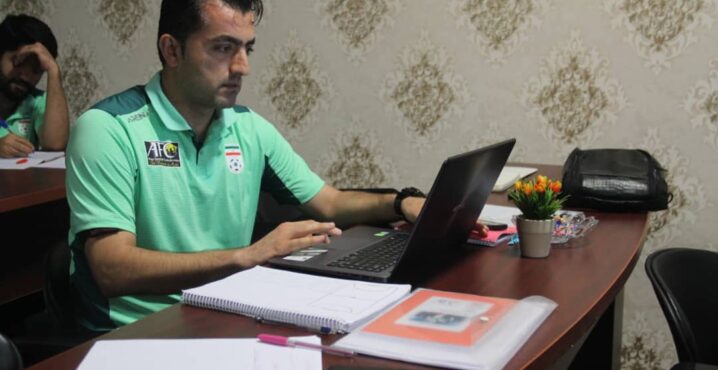Estimated reading time:13 minutes, 29 seconds
Zego is a coach who you are likely to know very little about, and you may not even know his name. However, he has influenced futsal more than any other person in the history of the sport.
England futsal international Doug Reed described him in the best way,
“In a time when the pursuit of fame and fortune seem more prevalent than ever, the spotlight and the rewards that come with it have been turned down to follow a passion for teaching the game. But then Antonio José Azevedo, more commonly known as Zego, has always challenged conformity. His ideas changed the game once and have the potential to do the same again.”
Futsal Focus (FF) has been an admirer of the futsal legendary coach for a long time. He has been involved in the sport since the 1960s, he has been a successful player and coach, and he created the 4-0 system in futsal, which has also been credited as influencing what we know in football as tiki taka.
FF approached Zego and asked him to tell FF followers about his story so they could learn about the life of the former player, and coach who has travelled the world educating people about the sport that has inspired and led him his whole life:
Zego: The name of futsal in the 1960s was FUTEBOL DE SALAO – Indoor football, and in those days, it had its own independent International Federation from FIFA. This beautiful sport was born in Montevideo, Uruguay and spread throughout South America. Gerson, Rivelino, Tostão played a lot of futsal before moving to Football even Pele played Futebol de Salão. I had offers to play Football as well, but I always preferred to be a Salonist than a footballer, it was my passion, so I didn’t switch. It was easier to play and more fun because we as young players touched the ball more, your involved in the game a lot. It is a decision that belongs to each person, and I am proud of my decision and my sport. I never considered being a football player, ever. Futsal was and remains the most practiced sport in Brazil.
I officially started playing Salão when I was ten years old in 1963 at a club in a neighbourhood in the city of São Paulo called Bairro da Mooca and the name of the Club was Clube Atlético Juventus. The official championship of the federation filled my eyes with wonder. The uniformed referees, the courts full of people, noise, colours and the organization of it all. I was used to playing on the streets, which was vastly different. I had hoped to play in the championship the previous year, but the coach was cold and harsh to me and left me out of the team. That summer, however, I was determined to experience the championship, and I heard that the club had a new coach, this news brought me joy, and even more so when I found out that the new coach was a man called Mr. Pastor. I already knew about him, even though he didn’t know me. There was something different in his peaceful gaze. I looked up to him when he was a coach at Clube da Penha. I used to watch his team’s away games intently and with admiration, wishing I was on the court. Mr. Pastor inspired me to be a better player, and I prayed that this would be the case under his leadership. On the first day of training, my tennis shoes were well worn but it was all I had. I would walk 2 kilometres/ 1.2 miles to get to training which seems like a long distance at that age, but I didn’t care.
I arrived at the club and headed for the court. Mr Pastor wrote down my name and this time I was given the opportunity to try out. At the end of training, I will never forget looking at him, I was sure he could hear my heartbeat, such was the anxiety of wanting to hear my name called out and be accepted. I heard him say my name, and that on ‘Tuesday, the official team will train in the afternoon and you will train with them.’ The feeling of happiness that I felt cannot be explained in words. I smiled and thought to myself, ‘I will have the opportunity to play for Clube Atletico Juventus in the championship where the best teams in the state of Sao Paulo played.’ Mr Pastor gave me such joy on that day, the vivid memory lives with me even now.
The start of my futsal journey was very difficult for me, but Mr Pastor was an angel of patience. He guided me and I listened and obeyed him. One day when training was about to start, I was asked to fetch something from the club’s warehouse. On entering the room, I saw my Mr Pastor crying. I was paralyzed and he saw me. He hugged me and told me to return to the court and I will be there soon. I went to the court and told one of his colleagues at the club that he was crying and asked what had happened??? He told me that a year ago today, his only daughter had died. It was a joyless workout and a moment I have never forgotten.
I grew as a young player at our modest team, I worked hard, and I improved year after year, but we had never won a title. In 1969, we reached the semi-final of the state championship. Our opponent in the semi-final were the holders for the past 3 years. That semi-final game we won 2-1 and I scored both goals. We reached the final and we were crowned the champions, beating Santana’s strongest team 4-2. I was incredibly happy, but I was happier to see my coach crying, but this time he wasn’t crying out of sadness but out of joy. He hugged me so tightly, he was thrilled, and I was also to see him so happy. My first coach taught me something, he taught me to bring hope to children. I carry this with me always!! He influenced me as a player and later as a coach. During those developing years, under a great coach, my development was also influenced by watching the best adult futsal player in the world at that time in 1967. I was turning 14 and the name of this extraordinary player was Serginho Paiva. He played for Sociedade Esportiva Palmeiras de Sao Paulo and watching him play was incredible.
Until I was 17 years old, I played for C.A. Juventus at the Mooca neighbourhood in Sao Paulo, and then I moved to S.C Corinthians for around 4 years and S.E Palmeiras for 6 years. My time at Palmeiras was the best part of my career when I was called up by the Brazil National Team for the first time. I played for the National Team for around 5 years but in those years there was only the South American Championships. Where we won all of them. The last club I played for was New Old Boys in Argentina from 1984 to 1985. While playing at Newels, I was also starting to coach there. After Argentina, I landed in Spain as a Coach for Caja Toledo. Where the 4.0 got recognized.
FF: When you arrived in Spain, Javier Lozano said that “his methods are unlike anything anyone here will have seen before but when they are understood, it will bring many systems.” What is Javier talking about here? What methods and how did you form these methods? What experiences continuously influenced your style of coaching?
Zego: Javier was one of the only players, from Toledo, who was a part of the previous team who stayed when I arrived and was our Captain. The majority of the players were from Toledo and we had two Brazilians that I brought called Sidney and Eduardo.
Lozano is right, before I arrived in Spain most of teams played 3.1 and after we brought the pivot back formatting the 4.0 many things could be made, and different systems used during the game such as 2-2 and even 3-1. The courts were already 20×40 and the pivot was most of the time to far from the other 3 players so the idea of bringing four players together was to get out of the pressure and then after the halfway line we could use a 2-2, 3-1 or others as well. Many pivots were static at that time and it was easier to defend them. So, I made them come to the wings, and used variations which helped the pivots to play better and our team to have more mobility.
In my view, the biggest impact I have had in Toledo was not only creating the 4.0, but always focusing on improving the players technically, and most importantly using local players and improving them. This helped improve the Spanish players and in turn the Spanish National team.
FF: The most decorated coach Jesus Velasco credited you as “the person I have learnt the most from. He is my main role model. He is the person that has revolutionised futsal. He has changed the conventions and the way of seeing the sport.” What exactly did you do that has revolutionised Futsal, is this the 4-0 that he is talking about or more coaching methods?
Zego: Humbly, I think the 4.0 gave more beauty to the game with more mobility. A static game is not very entertaining in comparison to a dynamic one. But, I believe that my main legacy to the game is not the tactical aspect, 3-1 or 4.0, but being able to improve the players technically, otherwise no system would work anyway. I also focus on and believe in the local players, I want to improve them and win, not winning by just by bringing in foreign players. The city that the club is from should be represented by the people of it, with their players, it is their city, and it is their club!
FF: You coached at the senior level with many stars like Marcos Sorato, Ricardinho among others, why step away from high level futsal and focus on developing children? Why reject the bright lights and the major competitions domestically and international?
Zego: All the teams that I have coached at the highest level; I would always coach their youth teams as well. I believe that to create teams you should start from the youth and the club’s youth program. That is why I focus on it. I believe it is possible to make a great team coming out of a club’s youth system with less investment. Developing players is my passion, not the bright lights.
FF: Do you not get frustrated going to developing futsal nations where people are ignorant to futsal?
Zego: It is always a challenge, but we need to always focus on the children. When the kids like the game it is easier and it flows the way it should, I like opening their eyes to our sport and it is what I believe in. The bright lights of a child’s eyes enjoying the sport is more important to me than the bright lights of a stadium. Working at the grassroots level is the opportunity and the exciting part in a developing nation to inspire the sport’s further development. Make the children love futsal and they will grow up to be the torture bearers of our game.
FF: People argue that the 4-0 has influenced Barcelona and led to the creation of tiki taka do you agree with this? Do you feel your methods have transferred into football and helped to revolutionize the game as well?
Zego: I do believe that the indoor sports influenced football and even the Spanish National football team, helping them to develop very good technical players with a lot of mobility. Due to this, they had a great team and won the world cup. The concepts and methods are always hard to be described by one word or another but the Netherlands, Ajax, Cruyff’s Barcelona to Guardiola all benefited from basketball and futsal. Guardiola as an example is a coach that worries about the technical part and the way he would like his team to play. This is essential. The Tiki-Taka, 4.0 or Total Football are just names that the media created. There is a lot more involved and detail than names that are created.
FF: Looking back at moments in your life, you mentioned when we spoke about meeting Johan Cruyff, what did you discuss?
Zego: One time Johan Cruyff came to Barcelona when he was playing in the USA for a visit and I was doing a tour with S.C Internacional from Brazil and I ended training Barcelona Futsal for 2 days. In one of the training session, Cruyff was there and we went to get a coffee afterwards and the coffee was a long 2 hour talk. We talked about many things and Cruyff said that he played 5 a side football in Netherlands but with a soccer ball. He mentioned that he loved the training, the mobility along with the technical aspects which were the secret to a great team. He mentioned that the Netherlands team from 1974 were pretty much players from the same village that played together all the time, playing small sided games 5v5 in Netherlands and Belgium. Cruyff mentioned from his observations that Futsal was very similar to Basketball and even commented that when I was playing with the players at training, I was moving all over the place to find space which was the best, were other players were too static. We talked a lot and he said that Futebol de Salão was perfect to develop better players. I mentioned to him that many Brazilian football players started playing the sport. His response was, ‘yes, I can see why now!’
FF: I see you are currently coaching in America. Can you tell us about your work and experience there?
Zego: I always say that there is a big difference from coaching an Academy and a private Soccer/Futsal school. Today, I am a DOC for a very bold and beautiful project at Cadence SFC in Joliet, 30 miles away from Chicago, IL. It is a project sponsored by a passionate guy that runs a Logistics company to help the community and grow the interest on Futsal locally and in the US. We have had many challenges there once it is not an academy yet, therefore; we accept any level of players trying to improve everyone in all aspects. Honestly, I am very happy with the work we have done already, and I can’t wait to be able to go back there as soon as possible. I unfortunately got stuck here in Brazil due to the pandemic.
It has been 4 great years at Cadence SFC and I was impressed at first with the amount of talent in the USA. I do believe that in a few years Futsal will be one of the most practiced sports in the country and I am really happy to be part of it.
Zego is available for virtual consultations and private mentoring, you can contact him via zegofutsal4.0@gmail.com
You can read more articles about grassroots and coaching futsal by going to the top navigation bar or click here
If you like this article and would like to keep updated on Futsal news, developments, etc then you can now follow Futsal Focus via Google News by following our page which will send you an alert as soon as we publish an article so please click here and follow us on Google.
You can also keep updated on Futsal news, developments, etc then please submit your email below in the Subscribe to Futsal Focus option.
Follow Futsal Focus by clicking on Facebook, Twitter, or Instagram or on the social media buttons on the website.



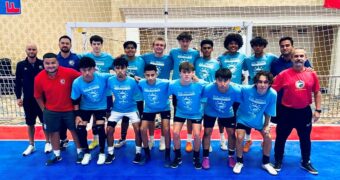

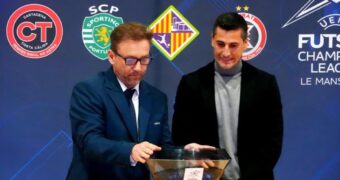
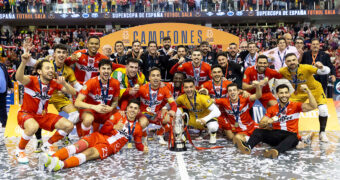
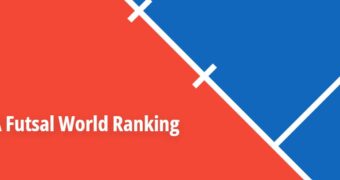

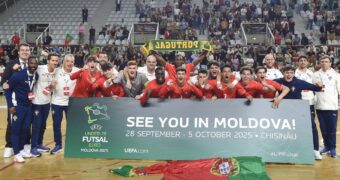


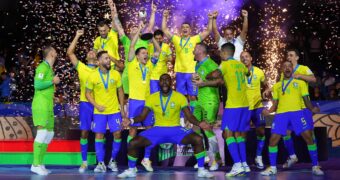



![Validate my RSS feed [Valid RSS]](https://www.futsalfocus.net/wp-content/uploads/2020/01/valid-rss-rogers.png)

